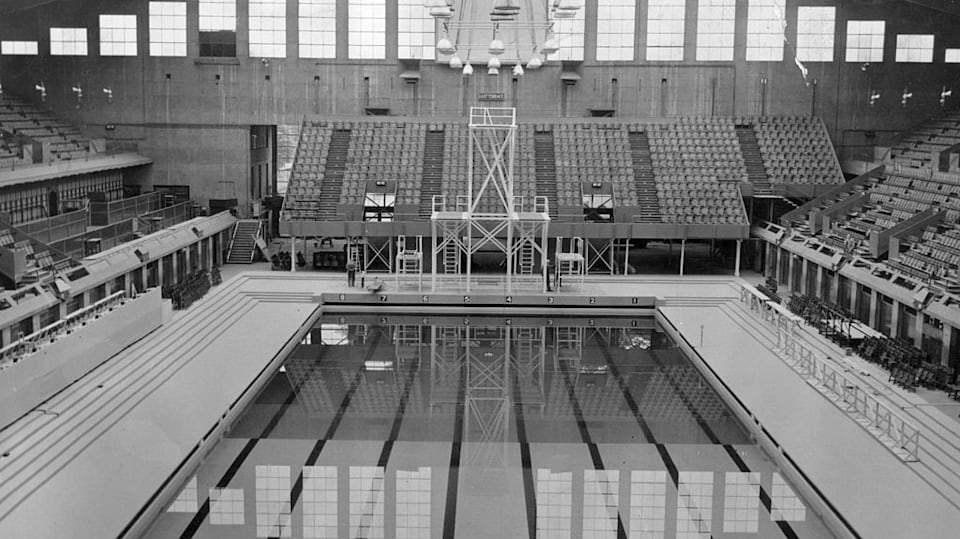
Sporting greatness is not always about winning medals. It is, as Baron Pierre de Coubertin said, the taking part that counts, the fighting well rather than the conquering.
Alfred Nakache did not win a medal in the 1948 Olympic Games, but he did show the world that it was possible to see Hell, and recover, for it is believed he was the only athlete at these Games who had also been in a concentration camp during the Second World War.
Nakache, known as Artem, had been an international-class swimmer. He'd competed for France in the 1936 Games and come fourth as part of the 4x200m Relay team, missing a Bronze medal by just six seconds. In 1941, he set a world record for the 200m Breaststroke, beating the German champion on the way. As a Jewish swimmer, though, he attracted criticism and was restricted from entering races, although many of France's leading swimmers then withdrew themselves in protest at Nakache's treatment.
In January 1944, he, his wife and two-year-old daughter were all arrested and deported to Auschwitz. Of the 1,368 men, women and children who made that journey, only 47 survived. Both his wife and daughter died.
Towards the end of the war, he was transferred to Buchenwald, yet somehow Nakache not only survived, but found the resolve to return to swimming. Less than a year after the liberation of Buchenwald, he was part of the French team that set a world record in the 3x100m relay. That year, he also became French national champion at butterfly and in the 4x100m relay.
In London, Nakache swam in the 200m breaststroke, reaching the semi-finals. He also played as part of France's water polo team. Having appeared, once more, at the world's greatest sporting event, he ended his swimming career, yet his dedication continues to inspire. His is, perhaps, the most remarkable of all stories from these post-War Games.
